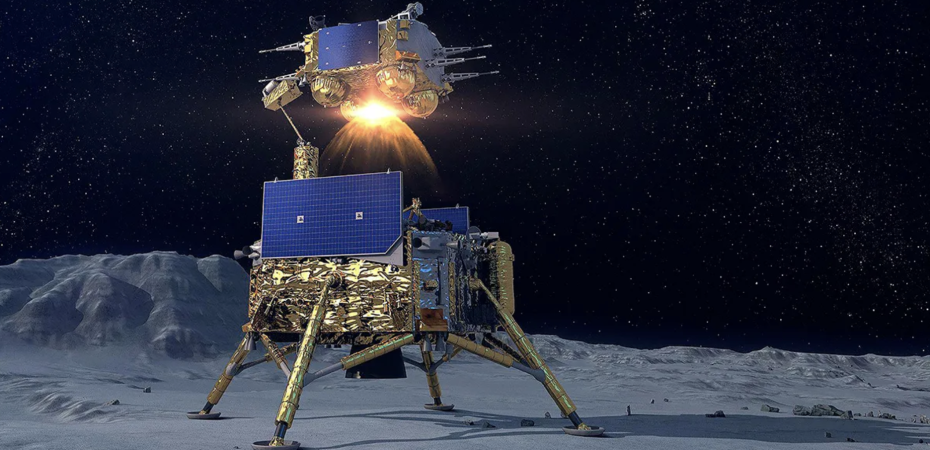By Urban Koi – Space Systems Engineering, Johns Hopkins University
China’s Chang’e 6 lunar probe made its fiery return in the sweeping grasslands of Inner Mongolia, successfully transporting the first-ever specimens from the far side of the Moon.
The far side of the Moon has been long veiled in mystery, so this historic mission generated enormous excitement among engineers and scientists across the world. Further research into the Moon may give us deeper insight into how the Earth, Moon, and our solar system evolved. This is a pivotal milestone in China’s “eternal dream” – as expressed by Chinese leader Xi Jinping – which aims to establish China as a space power.

Credit: Jin Liwang/Xinhua via Getty Images

Credit: Goddard, NASA
In total, the NASA Apollo missions collected 2,200 Moon samples from six different lunar sites, weighing 382 kilograms (842 pounds). Chinese officials reported that Chang’e returned just under two kilograms (4.4 pounds) of samples. While this sample size is not the largest, it will certainly not be the last as curiosity surrounding the Moon continues to rise.
“China welcomes scientists from all countries to apply according to the processes and share in the benefits,” states China National Space Administration (CNSA) Director of International Cooperation Liu Yunfeng.
Except the United States.
Wolf Amendment
In 1999, the Report of the Select Committee on U.S. National Security and Military/Commercial Concerns with the People’s Republic of China (redacted version) was made public. It addressed cybersecurity concerns, alleging that critical information American commercial satellite companies shared with China might be used to develop Chinese intercontinental ballistic missile technology. In 2010, former U.S. Representative John Culberson further advised President Barack Obama to cease contact between NASA and the CNSA.
In 2011, U.S. Congress passed a law called the Wolf Amendment (named after former U.S. Representative Frank Wolf), which prohibits NASA from using government funds to engage in direct cooperation with China, unless there is certification from the Federal Bureau of Investigation (FBI) that confirms the collaboration poses no threats to national security or risks to space-related technology/data. The goal of the law was to pressure China into improving its human rights history. This legislation may have prompted China to focus more energy on accelerating its space technology advancements instead.
With more countries entering the space industry, it is growing increasingly more crucial to have conversations on cybersecurity and space law, now more than ever.
Source: NASA Scientists Can’t Study China’s Moon Rocks | Futurism
